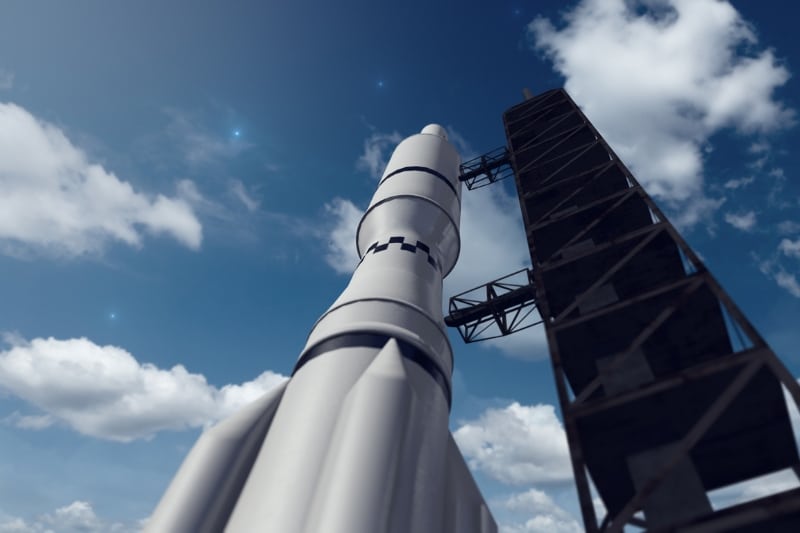Despite the country’s size, Singapore has seen steady growth in its space industry, with the country sending up over 20 satellites to space since 2011, 3 of which were launched in June 2022. According to Singapore’s Office for Space Technology and Industry, there are over 2,000 professionals and researchers working in over 60 companies in the Space Industry that span various roles, from design and manufacturing to satellite-based services such as data processing. This number is expected to continue growing, with various start-ups in the Space industry receiving funding from investors.
One of these startups is Zero Error Systems, a semiconductor company that offers a patented radiation-hardened solution for commercial off-the-shelf semiconductor devices that are not designed to withstand conditions in outer space, which raised over USD 7.5 million in 2019. Other recent examples include Transcelestial, a wireless laser communications start-up, and Equatorial Space Systems, which aims to provide space access at reduced risk, cost and environmental impact compared with incumbent solutions. The two companies raised USD 10 million and USD 1.5 million respectively in early 2023. Various initiatives have also been offered by the Singapore government and other non-governmental organizations in Singapore, such as Singapore Space and Technology Limited (SSTL), which launched a space-based accelerator program in 2020 that has supported 44 start-ups to date.
However, the growing space industry is not without its challenges in Singapore. According to data from US venture capital firm Space Capital, global investments in space start-ups experienced a decline of more than 50% in 2022, dropping to USD 21.9 billion from its all-time high of USD 45.7 billion in 2021 due to investors opting for safer sectors. Singapore also faces a lack of manpower, resources and infrastructure and has been impacted by geopolitical tensions between the USA and China.
(Sources: The Straits Times)
